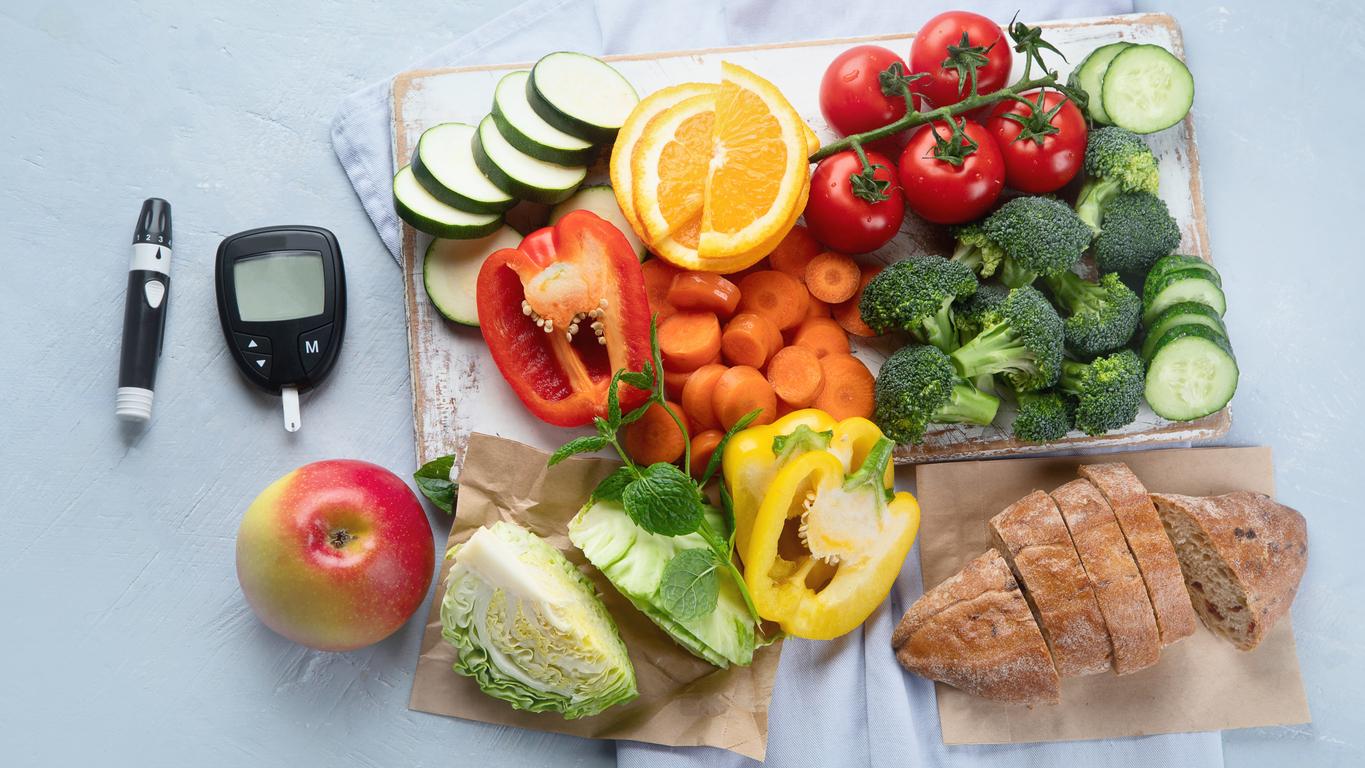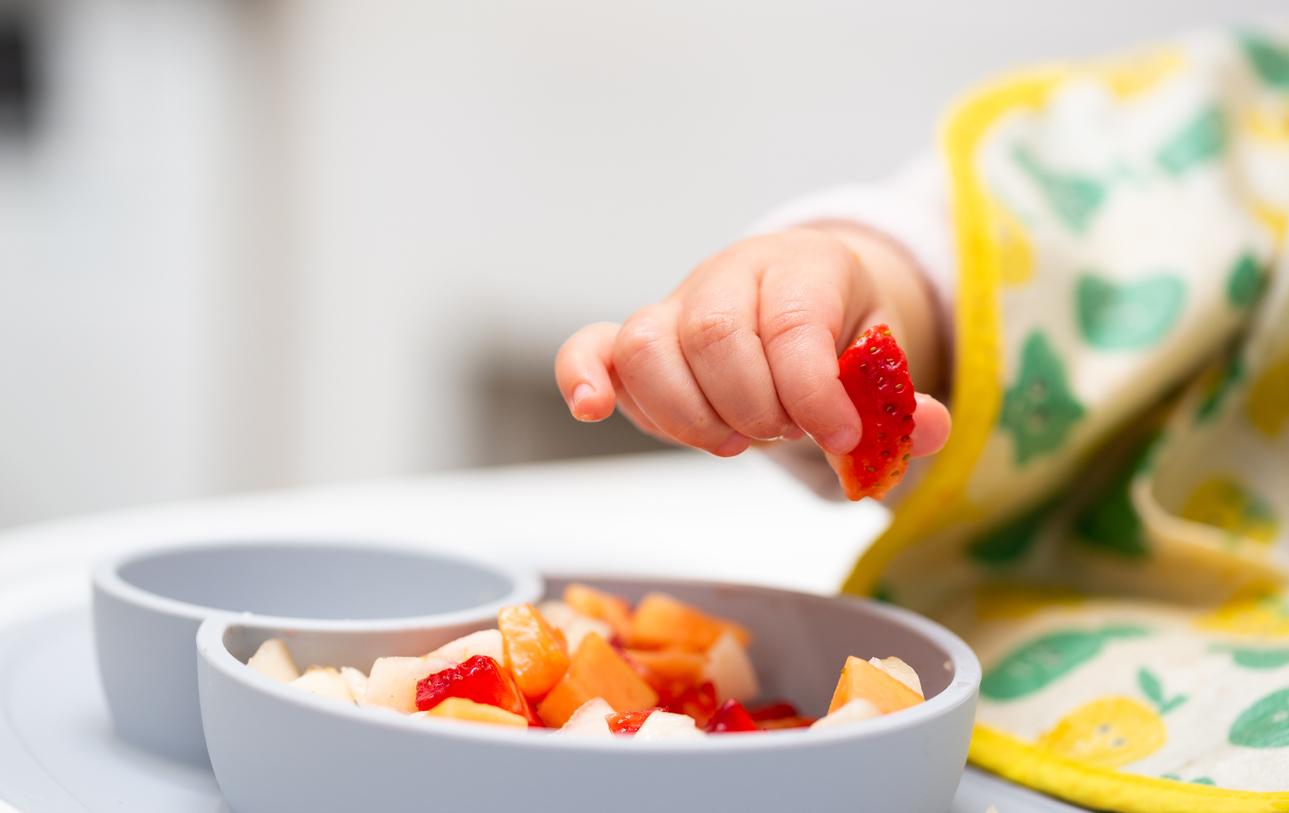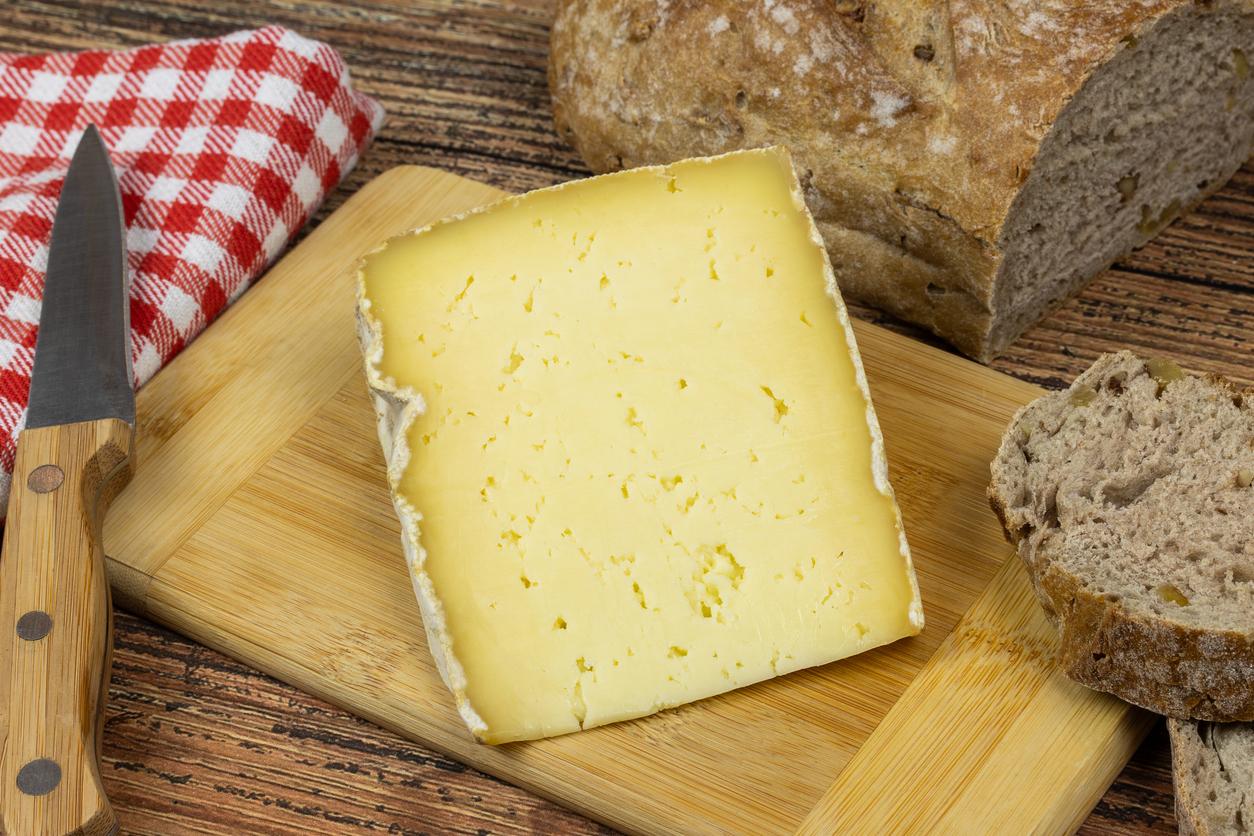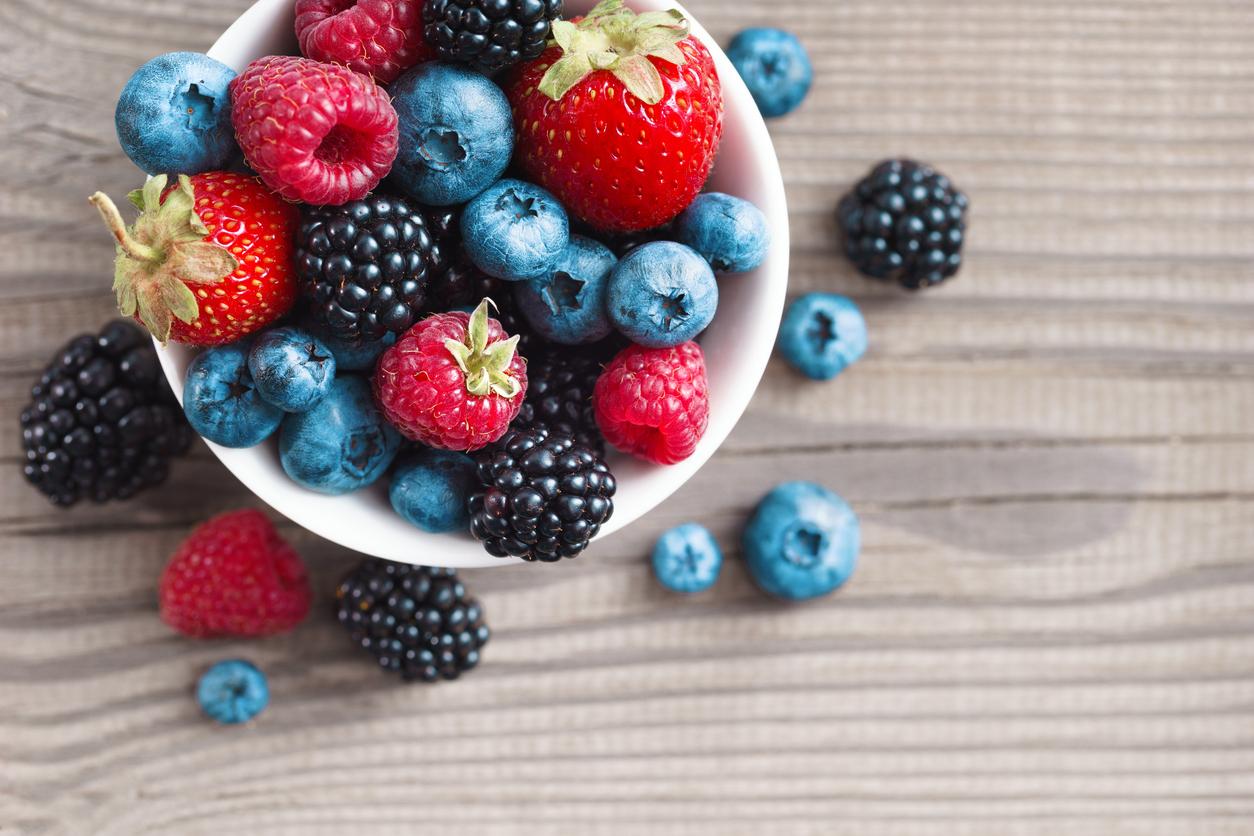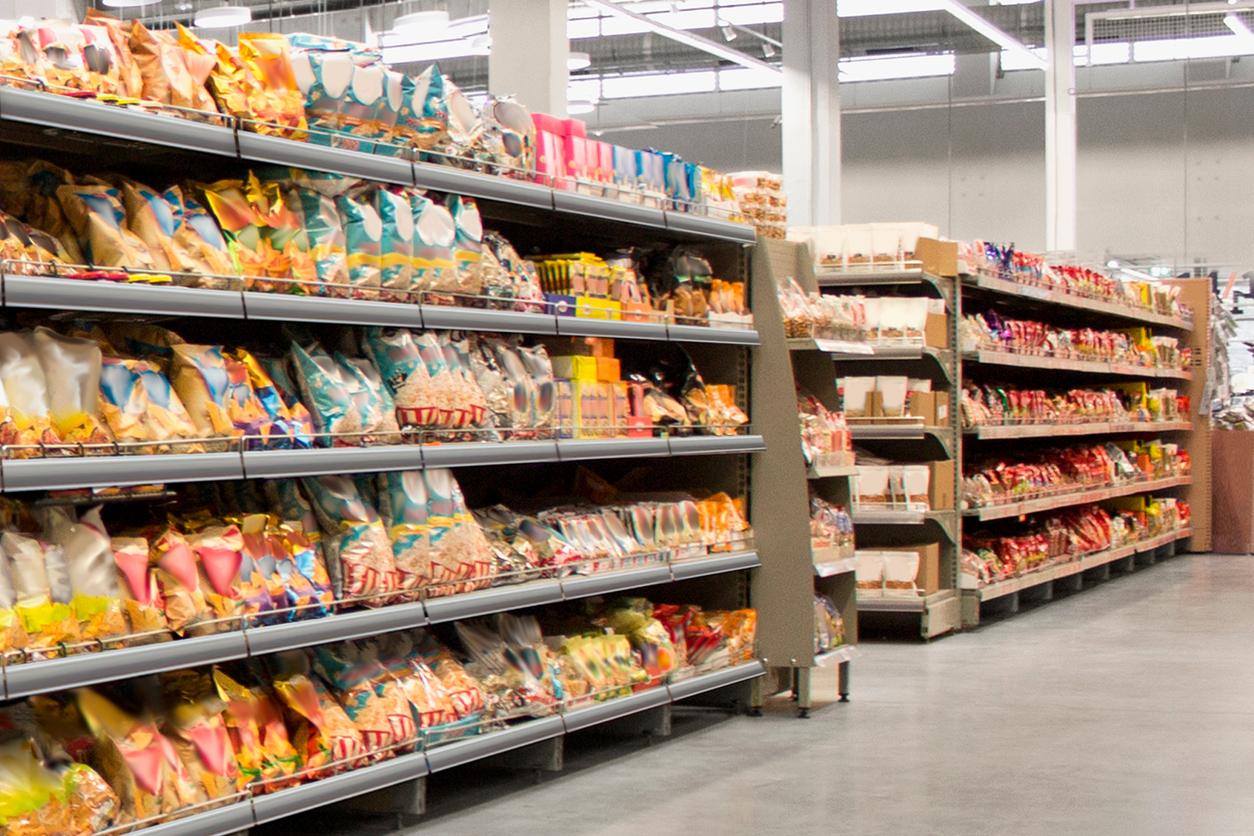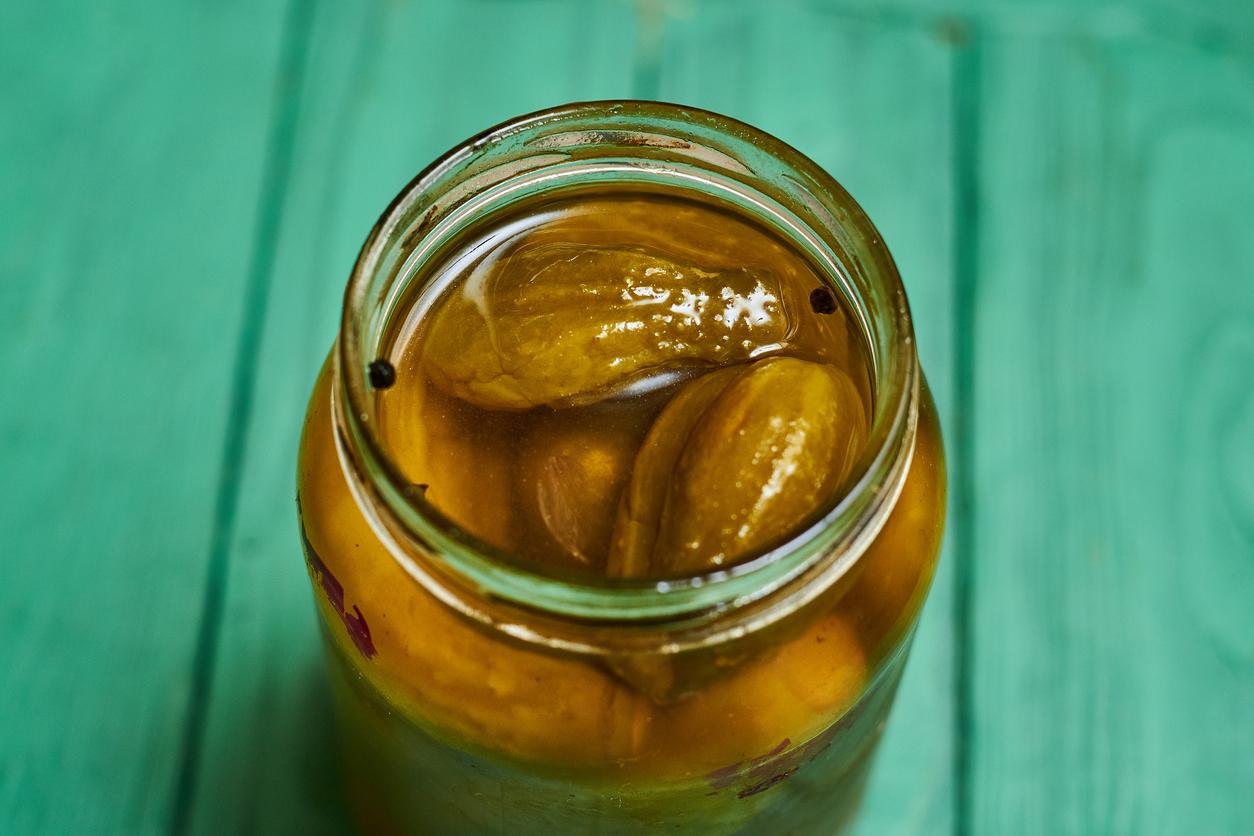Sustainable food is an ethical diet that respects the environment, is financially accessible and allows a fair distribution of added value. This responsible food model aims to feed us in quality and quantity, while fighting against waste and over-packaging. Manual…
We suspect it, thesustainable food is first a food less rich in meat which, like flexitarianism, puts fruits, vegetables, legumes and cereals at the center of the plate. Eating “sustainably” also helps to fight against food waste.
This approach is based on local productsseasonal, if possible certified by labels, financially affordable, with a low carbon footprint, which meet our nutritional needs and preserve our health.
Sustainable food: buying better and consuming better
Sustainable food is deeply ethics. It promotes modes of production, transformation, distribution and consumption, which protect the biodiversity and ecosystems and respect the human factor. It aims to be accessible to all and allows a fair distribution of the added value. Quite a program… but a beautiful program.
The aim is to select products that are both good for health and have the least possible impact on the environment. These productions must respect the producers. For example, we can choose products from responsible agricultural practices such asOrganic Agriculture.
Eat sustainably to save
Although fruits and vegetables have seen spectacular increases in recent years, seasonal products often remain the most affordable. Plus, they’re better for the planet! Consumed soon after harvest, they are expected to cost cheaper to produce because they do not need to be kept in cold rooms. The off-season productsthey have a strong environmental impact because they are often grown in heated greenhouses very energy intensive.
Tomatoes, zucchini, peppers and aubergines in summer, and endives, cabbage and parsnips in winter… Pay attention to the seasonality of the fruits and vegetables you buy, you will please your wallet! If you are interested in the process, consult our Calendar of seasonal products to find out which ones to consume this month.
Avoid food waste and limit waste
In France, food waste represents 30 kg per person per year, including 7 kg of products that do not even have time to be unpacked. According to studies carried out on a European scale, between the harvest and the plate, we would throw away 173 kilos of food per year and per person. It is considerable!
Wasting food costs us about €100 per person per year.
There are simple tips for avoid food waste :
- Plan your menus for the week and make a shopping list: this allows you to buy only what you need and avoid leaving food to spoil in the fridge or at the back of cupboards. It’s also a good way to eat better by varying your diet throughout the week.
- Properly organize your fridge: We avoid piling everything up anyhow. The air must be able to circulate around the food so that the cold can reach everywhere. Food is grouped by “type”: jars of sauces together, fruits and vegetables together, etc. Finally, we place in front of the fridge products that are to be consumed quickly. Otherwise they rot happily out of sight.
- Keep food at the right temperature: refrigerator temperature is the key to good food preservation. Some foods, such as fish or fresh meat, can be stored at less than 4°C, others can be stored at 10°C. The temperature is not the same in all areas of the fridge. Even if the fridge has a temperature display, it is worth placing a thermometer there. This allows to identify good areas cold.
- Cook leftovers so you don’t throw anything away : you have finished your meal but you still have food on the side? Remember to cook the leftovers: a pizza-style cake or a pasta gratin for example!
Eat less meat
To stay healthy, it is recommended to favor poultry and limit other meats (pork, beef, veal, mutton, lamb, offal) by not exceeding 500 g per week – this corresponds to about 3 or 4 steaks.
You can vary your diet and reduce your consumption of meat or charcuterie by alternating with legumes (lentils, red beans, white beans, chickpeas, etc.) accompanied by whole-grain starches (whole-grain rice, whole-grain pasta, whole-grain semolina, etc.). More economical, they are better for the planet!
Changing habits takes time. We can go gradually by reducing meat consumption over time.
You can find organic products in price ranges similar to non-organic products, that is to say without labels, especially for raw or minimally processed products. Organic food products are not systematically more expensive. The price differences depend mainly on the distribution channels, the stores, as well as the season. A word of advice: compare the prices per kilo.
Consuming more sustainably is not not necessarily more expensive. There are many tips to adopt on a daily basis to eat better. Take initiatives favorable to the protection of the planet, without breaking the bank.










